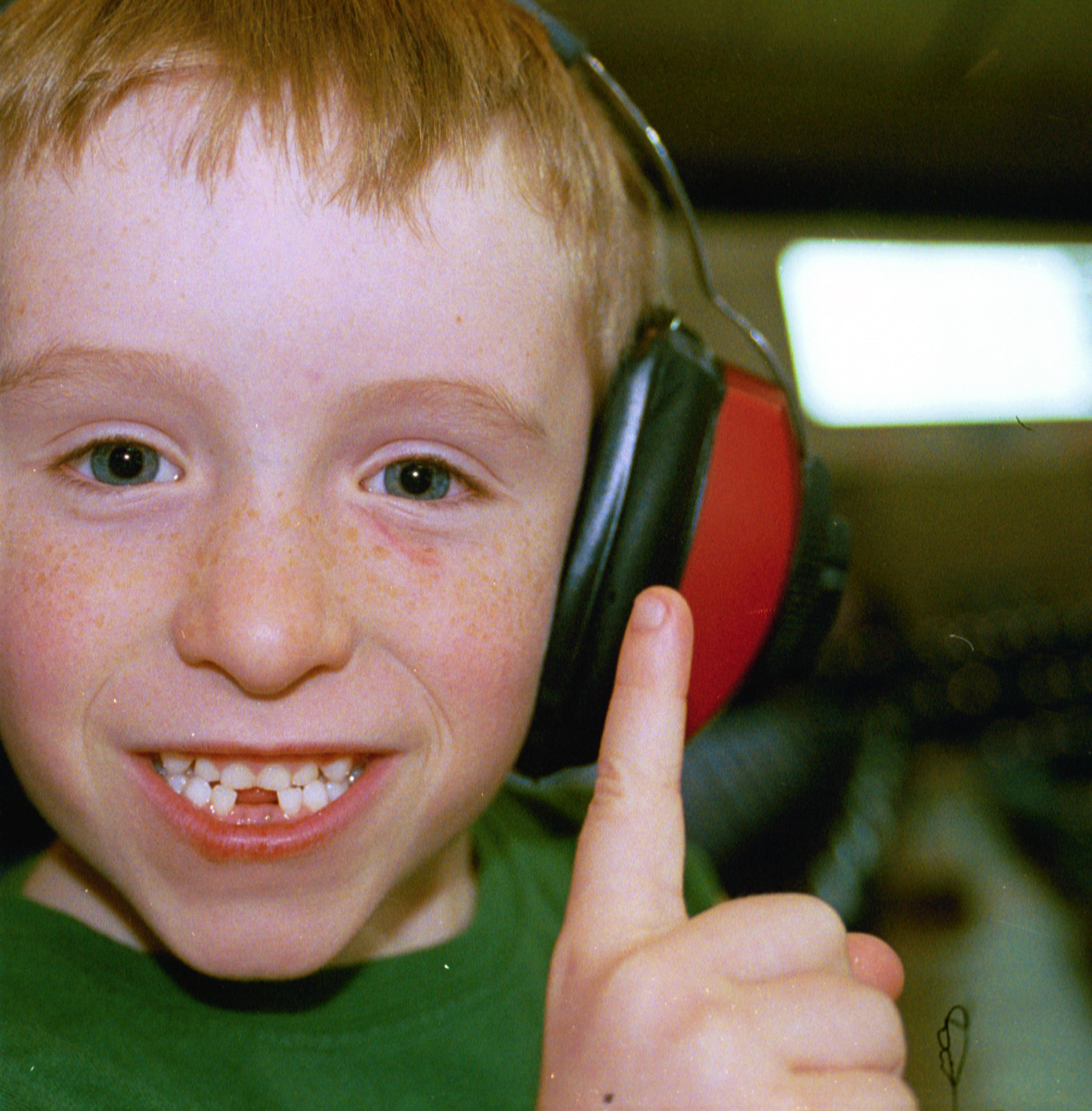There are a variety of cognitive and neurological conditions that result in musculoskeletal and developmental delays. We understand that there is an extensive range of conditions, and that the severity of each varies between each person. Below we have listed some common conditions that we see. At Spring Forward, we utilise an integrated approach with our multidisciplinary team to help people with such conditions reach their full potential.
Individuals with auditory processing problems are unable to process what they hear in the same way others do, because their ears and brain aren’t quite cooperating. There is an interference with the way the brain recognises and interprets sounds and speech. Thankfully, with the right therapy, individuals who show signs of auditory processing issues can be successful in school and life. Early diagnosis is a great tool enabling us to tackle potential speech and language delays, or problems learning in school. Please note that one of the big things to remember with auditory processing disorder is that you can have perfect hearing, but still not be able to understand what your hear properly – working with one of the experienced therapists at Spring Forward Family Centre will help you or someone in your family overcome what can be quite a debilitating condition.


Autism (also called autism spectrum disorder, or ‘ASD’, Asperger’s, or high functioning autism) affects the way an individual’s brain develops and processes information. The severity of autism is widely varied, and may present challenges such as language delays, difficulty communicating with others, unusual or repetitive behaviors, or difficulties in school. Thankfully, new research has made it easier for medical professionals to diagnose and treat kids earlier than ever before. Early and multidisciplinary intervention are key factors in enabling people with autism to reach their best potential – our multidisciplinary team at Spring Forward is both experienced with and very much enjoys helping our friends with autism shine.
Cerebral palsy affects muscle control and coordination, even in unseen ways (such as breathing, standing still, or bladder control). While cerebral palsy does not worsen over time, it can lead to other health issues like vision, hearing and speech problems. The severity ranges greatly, with mild cases often completely unnoticed, and severe cases experiencing seizures and/or an inability to communicate. New international research is helping us detect babies at risk of cerebral palsy earlier, so that intervention can start sooner and therefore better outcomes achieved. If you are worried that your baby seems more ‘floppy’ than other babies, or doesn’t appear to ‘wriggle’ the way other babies might, please let us help reassure you or provide you with appropriate advice – babies as young as 5 months can be assessed.


Down syndrome, also called Trisomy 21, results from a third copy of chromosome 21 being present in a developing baby’s genes. This results in delays in the way a child develops mentally and physically. While some children with Down syndrome need a lot of medical intervention when they’re born, others are more medically stable, but in either case, we recommend starting therapy as soon as possible after birth. At Spring Forward, we can show you how to nurse your new baby to help protect their joints and can help with feeding problems that often occur in babies who have Down syndrome. Early intervention, including physiotherapy, occupational therapy and speech therapy, go hand-in-hand to ensure a child born with Down syndrome has the tools and life skills they need to open the door to a fulfilling and productive life.
Chromosomal defects can be thought of as either a piece missing of a puzzle (a deletion) or a piece too many in a puzzle (a duplication). While there are a number of chromosomal defects, the most commonly treated is Down syndrome, also called Trisomy 21. In this case, extra genetic material causes delays in the way a child develops mentally and physically. While some children with chromosomal defects (such as Down syndrome) may need a lot of medical intervention, others can lead healthy lives. Intervention including physiotherapy, occupational therapy and speech therapy go hand-in-hand to ensure a child born with chromosomal defects has the tools and life skills to live a happy and productive life.


Movement disorders are neurological conditions that can affect a person at any age. With a wide range of symptoms – tics, tremors, trips, spasticity, lack of coordination, involuntary or irregular movement – there are many conditions that fall into this category. Some common conditions include Huntington’s, Parkinson’s, and Tourette’s syndromes.
For someone with a well established condition to a person with occasional trips and tremors that indicate the beginning of a movement disorder, the team at Spring Forward is able to provide therapeutic interventions to help patients better control their movement.
Sensory processing disorder refers to the way our nervous systems receive messages from the senses, and responds with appropriate motor and behavioral responses. Whether you are eating dinner, playing on a swingset, or watching television, successful completion of the activity requires sensory processing.
When sensory signals don’t get organised into appropriate responses, a person may find it difficult to process and act upon information received through the senses, creating challenges in performing everyday tasks. Motor clumsiness, behavioral problems, anxiety, depression, school failure, and other impacts may result if the disorder is not treated early and effectively with a multidisciplinary approach.
At Spring Forward, we are very experienced in helping restore harmony to a family that is burdened by behavioural challenges.

